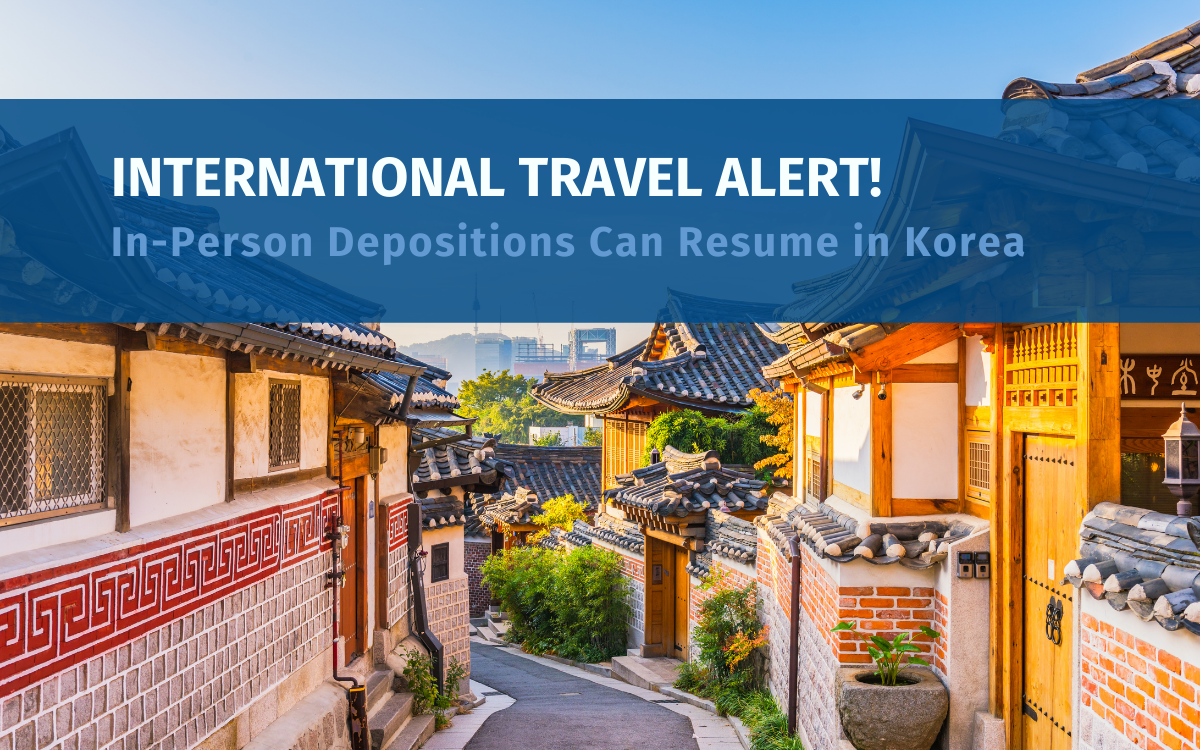Award issued by Permanent Court of Arbitration in South China Sea dispute
By Jade King
A ruling in the long-running South China Sea dispute was released by the Permanent Court of Arbitration in The Hague on Tuesday and has immediately become global front-page news.
Initiated by the Philippines against the People’s Republic of China in January 2013, the disputes actually date back to the early 1950s and have at various times included Japan, Malaysia, Brunei, Taiwan, and Vietnam. The challenges revolve around territorial sovereignty in the South China Sea – in particular the resources falling within the “nine-dash line”, an area based on a Chinese map from 1947, represented here in simplified form with English text.
The arbitration was centred on the area known as the Spratly Islands, a disputed archipelago off the coasts of the Philippines, Malaysia and southern Vietnam. Due to their location relative to strategic shipping lanes, the Spratlys’ governance has always been complicated. In recent years this has also been a source of tension between Beijing and Washington, with US ships and aircraft patrolling the region. The arbitral tribunal was asked to rule on maritime interests as well as environmental issues, reclamation, and whether certain features are rocks or islands.
In the arbitration, the Philippines contended that the “nine-dash line” claim is invalid because it violates UNCLOS (United Nations Convention on the Law of the Sea) agreements. China contended in response that several treaties stipulate bilateral negotiations be used to resolve disputes rather than third-party resolution, hence its declaration of the decision as non-binding and “null and void”. This confirms their long-standing position, which is that they do not accept or recognise the tribunal’s authority. However, the Foreign Ministry stated China remains willing to negotiate directly with other countries. In Manila, Philippines Foreign Affairs Secretary Perfecto Yasay Jr welcomed and affirmed the ruling.
Others have weighed in following the release of the milestone judgment, including the US State Department, which said the PCA decision should be seen as final and legally binding; and Taiwan, which, although not a party to the arbitration, insisted the ruling is not legally binding.
The lengthy Permanent Court of Arbitration decision is unanimous and asks the Chinese government to abide by international laws. It remains to be seen whether the ruling will result in calm negotiation or further regional disturbances. The award can be read in full here.
Planet Depos’ international team of reporters have experience covering arbitration hearings for a variety of bodies, including the Permanent Court of Arbitration. Contact international@planetdepos.com or asia@planetdepos.com to schedule best-in-class realtime reporting at your next international arbitration.
Read More From Planet Depos

Depositions in the United Kingdom Post-Covid
The United Kingdom is open and depositions are scheduling. Get all the details to schedule in-person and remote depositions in the U.K.
Read Now View Full Post
How to Renew your Passport
International travel is taking off! International depositions are scheduling, so renew your passport with these step-by-step instructions.
Read Now View Full Post
International Travel Alert! In-Person Depositions Can Resume in Korea
Korea has made it possible for U.S. attorneys to take in-person depositions again. Here is what you need to know to travel to Korea.
Read Now View Full Post
Tips to Help You Handle Workplace Stress
Workplace stress is part of the legal world. Here are some tips to help you manage stress and maintain your health!
Read Now View Full PostSchedule a Proceeding Today!
Your remote mediation should be simple, and with Planet Depos yours will be. Schedule today and we’ll get you set up with a Zoom room, a PD Technician, and everything you need to get started.
Schedule now